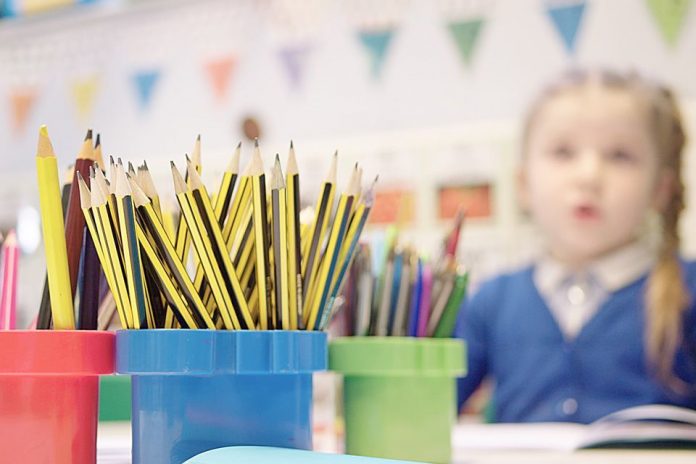The Prime Minister has confirmed today that schools and colleges will not return to full face-to-face education after the February half-term and that the current attendance restrictions will remain in place until 8 March at the earliest.
Children of critical workers and vulnerable children and young people will still be able to attend schools and colleges, including special schools and alternative provision. Early years settings also remain open. All other pupils will to continue to receive high quality remote education at home.
The Prime Minister made clear that while schools and colleges remain safe, keeping them partially closed will continue to help minimise the spread of the virus in communities and protect public health and save lives.
It is hoped that if the target of vaccinating everyone in the top four prioritisation cohorts by 15 February is met, then those groups will have developed immunity three weeks later, by 8 March. The government will therefore look at fully re-opening schools from this date.
He also committed to providing a programme of catch up into the next financial year, involving a further £300m of new money to early years, schools and colleges for tutoring, as well as working in collaboration with the education sector to develop specific initiatives for summer schools and a Covid premium to support catch up.
In recognition that extended school and college attendance restrictions will have a huge impact on children’s learning, the government will work with parents, teachers and schools to develop a long-term plan to make sure pupils have the chance to make up their learning over the course of this parliament.
Education Secretary Gavin Williamson said:
The pandemic has had a truly terrible impact on the lives of so many people and while covid rates are falling, it remains of the utmost importance to minimise the spread of the virus in our communities and take action to respond quickly to the new variant.
It is this country’s priority to get all children and young people back into face-to-face education and apprenticeship training, but it is crucial we do this at the right time and I want to assure parents, teachers, children and young people that schools, colleges and universities will be the first to fully return as soon as the public health picture allows it.
I know that this virus will have had a significant impact on children and young people’s learning and that is why we are providing an additional £300m for tutoring programmes and developing a longer term plan to help all pupils catch up.
We will continue to engage with schools, colleges, universities and the wider sector on the pathway to full returns.
Last year the government announced a £1 billion catch-up programme, including a ‘Catch-up Premium’ of £650m to help address lost teaching time and support pupils’ social and emotional needs; and a £350m National Tutoring Programme that will provide additional, targeted tuition support for disadvantaged pupils who need the most help to catch-up. The announcements made by the Prime Minister today are additional to this existing investment.
To support children and young people to learn at home, the government is providing extensive support to help teachers and pupils access quality remote learning, delivering 1.3 million laptops and tablets for those children and young people who need them most, with over more than 875,000 of these issued already, alongside access to free mobile data for disadvantaged families.
Education attendance restrictions are to be reviewed again in mid- February and the government has committed to publishing a plan for leaving lockdown by the end of February.
In universities, currently only those on critical courses such as medical, clinical and healthcare subjects should be receiving face-to-face teaching and all remaining students should continue their studies remotely until 8 March at the earliest. Students and staff on campus should take part in twice weekly testing on offer to help limit transmission and identify asymptomatic cases.
Further education providers will similarly be able to provide some on site teaching to a small number of critical worker students and apprentices who have upcoming assessments.
The rapid testing programme for secondary schools and colleges will continue for those on site. All secondary schools and colleges will be expected to test their students as they return to school/college – two lateral flow tests, three to five days apart – to help identify and isolate asymptomatic students before they circulate in the school/college community. Staff in primary and secondary schools, and in all colleges, now have access to two tests per week.
The government will also continue to provide support for pupils eligible for Free School Meals through vouchers or lunch parcels to those learning at home during term time next half term, and support during the half term holiday for vulnerable families through the Covid Winter Grant Scheme.
Attendance in early years provision should continue to remain available throughout and should continue to allow all children to attend full time or their usual timetable hours. This includes early years registered nurseries and childminders, maintained nursery schools, as well as nursery classes in schools and other pre-reception provision on school sites.







